On the eve of the 53rd anniversary of the 1969 Woodstock Music and Art Fair, blues/rock artist Kenny Wayne Shepherd brought with him living blues legend Buddy Guy and up-and-coming blues man Christone “Kingfish” Ingram to the Bethel Woods stage for three sets of incredible music. The showcase of three generations of blues musicians is the inaugural edition of the touring Backroads Blues Festival. In addition to a remarkable evening of music, Shephard spoke with us about the tour and the entire interview can be seen at the end of this article.
The Backroads Blues Festival’s inaugural run is visiting six venues between the Northeast and Virginia and included two stops in New York. Christone Ingram, a Mississippi native who goes by the nickname Kingfish, has had an impressive career so far for only being only 23 years old. While he has a bit of a name for himself, the show was a fantastic introduction for new fans. Though a younger musician, he blazed through his guitar work with emotion as if the blues were his primary language.
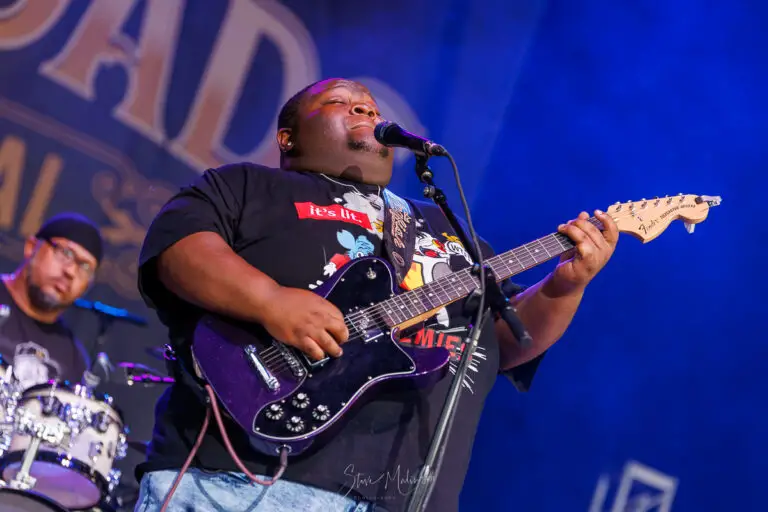
Kenny Wayne Shepherd, who conceived the idea of this festival and curated the show, took the stage with his own band between Kingfish and headliner Buddy Guy. Shepherd is a musician who knows the business and how to draw his audience in to his music and guitar with his stage presence. Shepherd’s set included not only his own work, but concluded with a hat tip to the legendary B.B. King with “You Done Lost Your Good Thing Now.” Headlining the show was Buddy Guy, who celebrated his 86th birthday over the summer. There is a lot to be said for seeing and hearing Buddy perform which is why his shows are not just a performance, but an experience. He works the crowd with his wit, humor, and a sharp sense of being in the moment with his band to deliver pure, unfiltered blues.
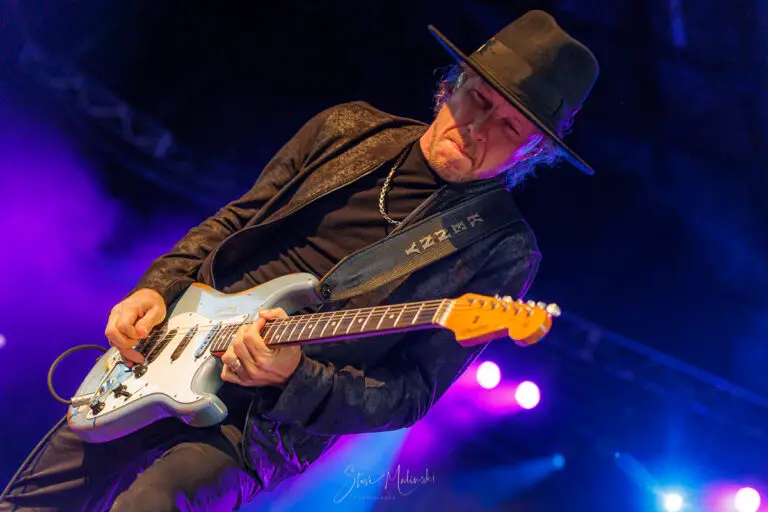
Before the evening concluded, both Shepherd and Kingfish joined Buddy Guy on stage to trade solos and do some call and response traditional to the style. As Buddy Guy usually does at the end of his shows, he set his guitar down and let his band (along with Shepherd and Kingfish) jam and play him out while he paraded around the stage to toss some guitar picks into the crowd.
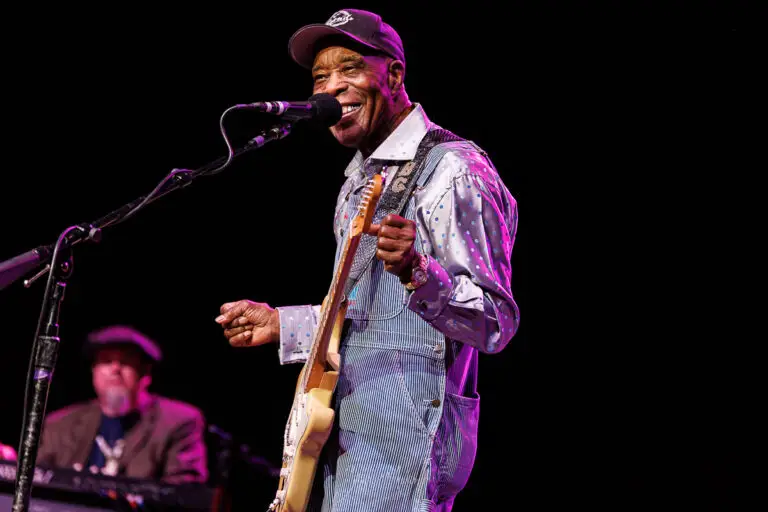
The Backroads Blues Festival was a unique experience of listening to three generations of musicians fit into a touring concert format. The crowd was left energized by the music with conversations about each of the three performers drifting through the air when the lights came back on. While the festival tour is wrapping up this weekend, we’re looking forward to the future versions of the Backroads Blues Festival coming back around to New York.
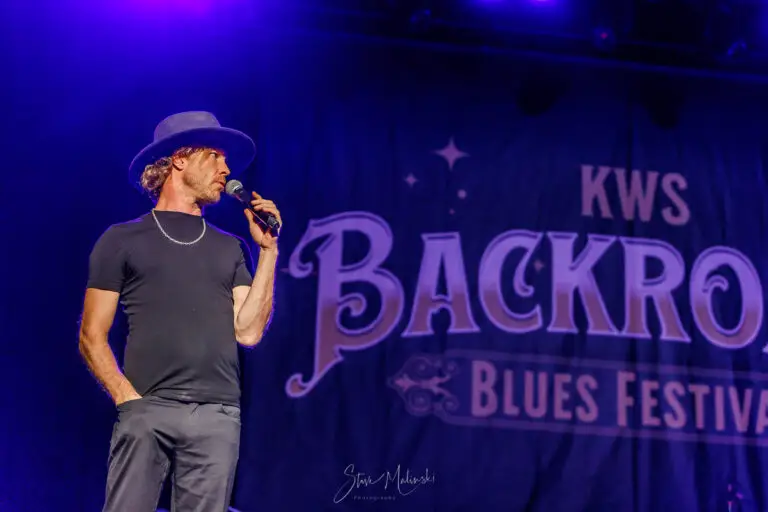
Interview with Kenny Wayne Shepherd
Steve Malinski: You mentioned during the show that the, this touring festival’s kind of been a dream of yours for a few years. So what inspired that dream to bring a few gen generations of blues musicians together like that?
Kenny Wayne Shepherd: Well, I felt like there’s something, you know, there’s an opportunity for something like this. There’s kind of a void and I was looking to fill it. When I was a kid, there was an annual touring blues festival that B.B. King did. And, you know, I went to it several times over the years as a spectator, as a fan and saw some of the greatest talent in blues from Etta James, B.B. King, Joe Cocker, Stevie Ray and Jimmy Vaughan, Robert Cray, Buddy Guy. I mean, the list goes on and on, right. And then not too long after I joined it as an artist and did the tour myself with my band several times over the years. So, I mean, I just have a lot of really fond memories of that festival and those kinds of experiences. And I think I wanted to give the fans the opportunity to have their own experience like that, you know? I also think the genre still needs something like that. The multi-generational approach where you had three different generations of kind of the hottest names in blues. But I mean, the goal is just to have the best bands that are out there right now. I mean, it doesn’t necessarily always have to be representative of three generations, but I thought that was a really perfect way of kicking off the tour.
SM: Yeah, it’s kind of a neat way of doing that.
KWS: Yeah, I think it was good. I mean, Kingfish, he’s one of the big up and comers, he just won a Grammy. I mean, he’s kind of really blazing a trail and making a name for himself. And then, I’m the generation before and then Buddy’s, obviously the generation before that and everybody’s kind of at the top of their game. And so, it was a really strong lineup.
SM: So how’s the experience been so far with it having a few shows in the books already?
KWS: I think it’s great. I mean, to be honest with you the first night in Providence was completely packed. And it was a really great opening night. Bethel had a great crowd as well, but, you know, we were getting constant feedback. My people who were out in the merch area and the crew that was scattered throughout the venue and even myself at the end of the night… all the people that were working at the venue as they were leaving were just extremely complimentary about the show, said it was one of the best shows that they had there all season.
So you know, that’s great. I mean, obviously, this is my project and it’s very important to me, but I mean, I’m telling you every single person that walked outta that venue that walked past me told me how great the show was. So that’s really satisfying. It’s very encouraging, especially because we’re trying to establish the brand here, because we want to move forward with this on an annual basis. They said they would love to have us come back again.
SM: Yeah. One of the things I was going to say is I see huge potential for this growing into something more than just the limited run of shows you’re doing this summer.
KWS: Yeah, this tour is more to get the word out, establish the brand and kind of like a proof of concept for lack of a better term. But back in the day the B.B. King fest would have around four headlining acts and then they would also have local acts that would perform, you know early on in the day. I mean the whole thing would start, and the local act was playing at like 4, 4:30 in the afternoon, you know? So it was a bit of a longer event and I’m hoping that we can grow into that. And the goal is to be inclusive. We’re gonna have, the hottest women of the blues, the hottest artists. Also, it’s like everything doesn’t always have to be electric either. There might be, you know, some more acoustic driven blues artists that will be included in the bill going forward and things like that. But regardless, it’s gonna be the top performers in the genre for sure.
SM: Awesome. So I’ve seen Buddy Guy a handful of times, and he always talks about learning, not from the book, but just from what he hears and picks up from others. What have you kind of picked up on as inspirations from working with Buddy Guy and Kingfish as you’ve gotten ready for this tour?
KWS: Well, I mean, I’ve learned a lot from Buddy Buy. And so has any other guitar player in the past, you know, 50 years probably. I mean, Jimi Hendrix was a huge fan of Buddy Guy’s. So Buddy influenced, you know, the guy who’s regarded as the greatest guitar player of all time. So people, whether they even realize it or not have been influenced and affected by Buddy Guy and who he is and what he does. So, I mean, the main thing is he’s just incredible at age 86, you know, that he can perform at the level that he’s still performing at. And he’s a true show. And I just, I try and absorb that to the best of my abilities and, and take, things from people like that and incorporate them into what I do. And, that’s the tradition for all of us.
SM: As you know, the Woodstock anniversary is this week. So being on that historic site, were any special feelings that you had performing at Bethel Woods?
KWS: Yeah. You know, I’ve gotten to play this venue more than a few times over the course of my career. And, I’ve been to the site and done that whole thing. It’s certainly cool. I mentioned it earlier on, I think on one of my social media posts, especially because we are doing a music festival and launching a music festival… It’s like that place is sacred ground for music festivals. It was one of the biggest of all time, one of the most historic music festivals of all time took place there. So I thought it was an amazing opportunity to try and do the inaugural run of my festival and play one of our dates at that location.
SM: I noticed you have a tour coming up leading into next year to celebrate the 25th anniversary of your album Trouble Is…. So looking back to 1997 and before, when you signed your first record deal at a six as a 16 year old kid in the early 90s, how do you reflect back on that?
KWS: The first album [Ledbetter Heights] came out in ‘95, right after I graduated high school. I had recorded that one when I was 17. And then the one that we’re celebrating is the second album Trouble Is…, and that came out when I was like 19 years old in 1997. I mean, you know, I was young by any means. To compare to anything that’s a very young age to start a career and have that kind of success. And now I’m 45 years old and certainly, you know, a lot of time has passed. I mean, I think one of the most satisfying things we have accomplished a lot – we’ve sold millions of records. I’ve got several golden platinum albums hanging on the wall, awards on the shelf, all of those great things that any artist could ever hope for. But to me, the biggest accomplishment is the fan base that we have acquired over the years. You know, because people that are fans of this music, the music is timeless. It’s not stuck in an era. So, it’s not like pop music that has a certain sound from a certain era which then people move on from that. This is timeless music. And generally people who become fans of this kind of music kind of dig it for life, you know? And so as a result, that’s why 30 years later I’m out here and we’re still accomplishing things and we’re still making new achievements and we’re still, you know, selling tickets to concerts and selling out venues and moving into bigger venues, into new markets and things like that. That’s the biggest accomplishment because without the fan base that we have, then, none of it would be possible. And so they’ve stuck with me and they’ve kind of hung in there with me for 30 years now and they continue to make it possible for me to pursue, my dreams.
SM: Going off of that, have you run into a lot of younger musicians who are looking up to your middle generation of blues musicians as inspiration?
KWS: So, everybody knows that I started so young. I mean, over the entire 30 years of my career, I’ve run into a lot of younger musicians that come because they heard about my story and, you know, they’re aspiring young guitar players and, and things like that. And so, there’s no shortage of young people that are interested in music and there’s never any void of young people that are interested in blues and for some, it’s a stepping stone and they move on to other genres. And for some people like Kingfish, they try and make a life’s career out of it. But, my job is to be a good example and to be encouraging to them and just kind of do what I can do while I’m here and make my contribution, you know, as solid as possible.

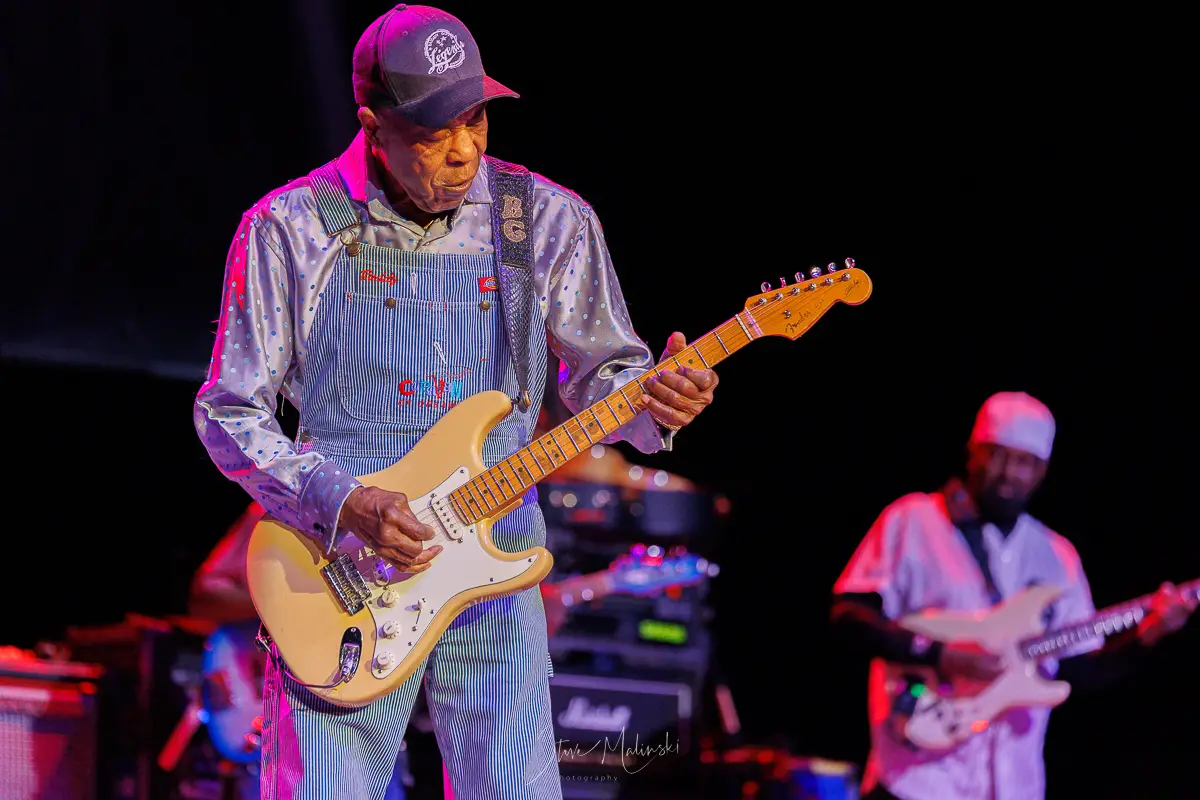
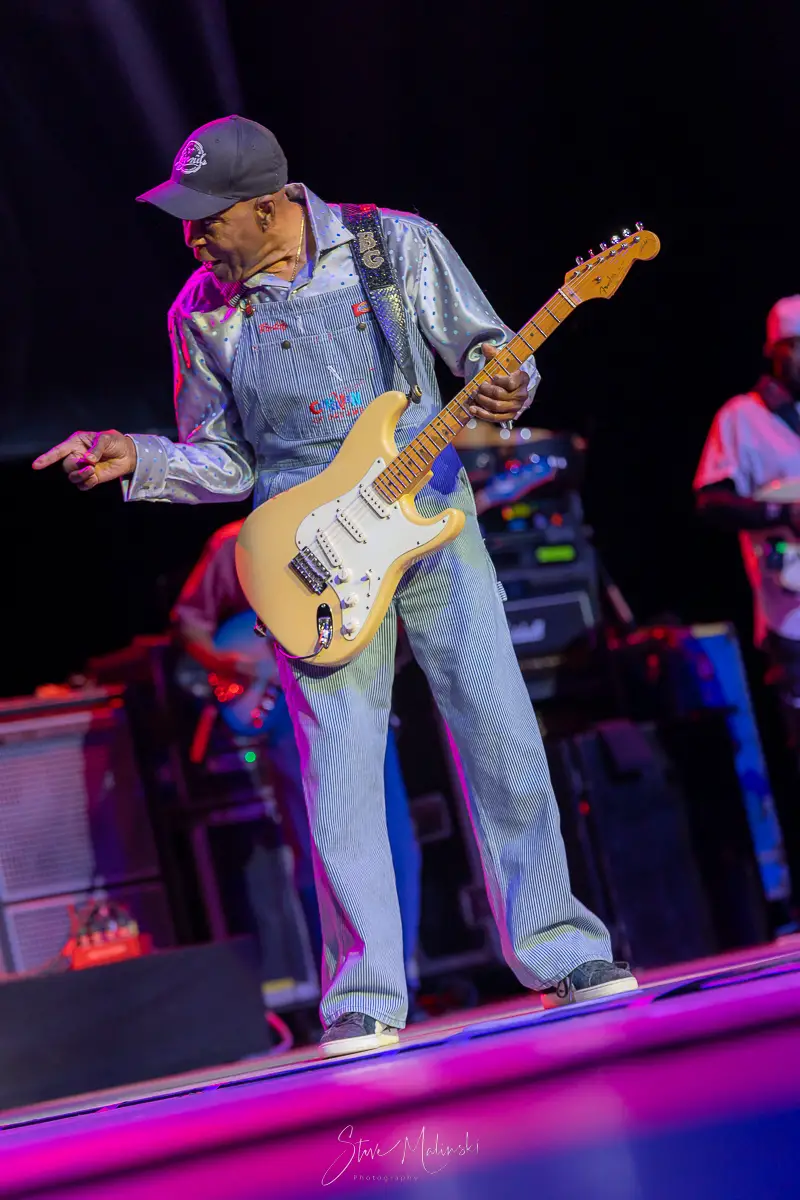


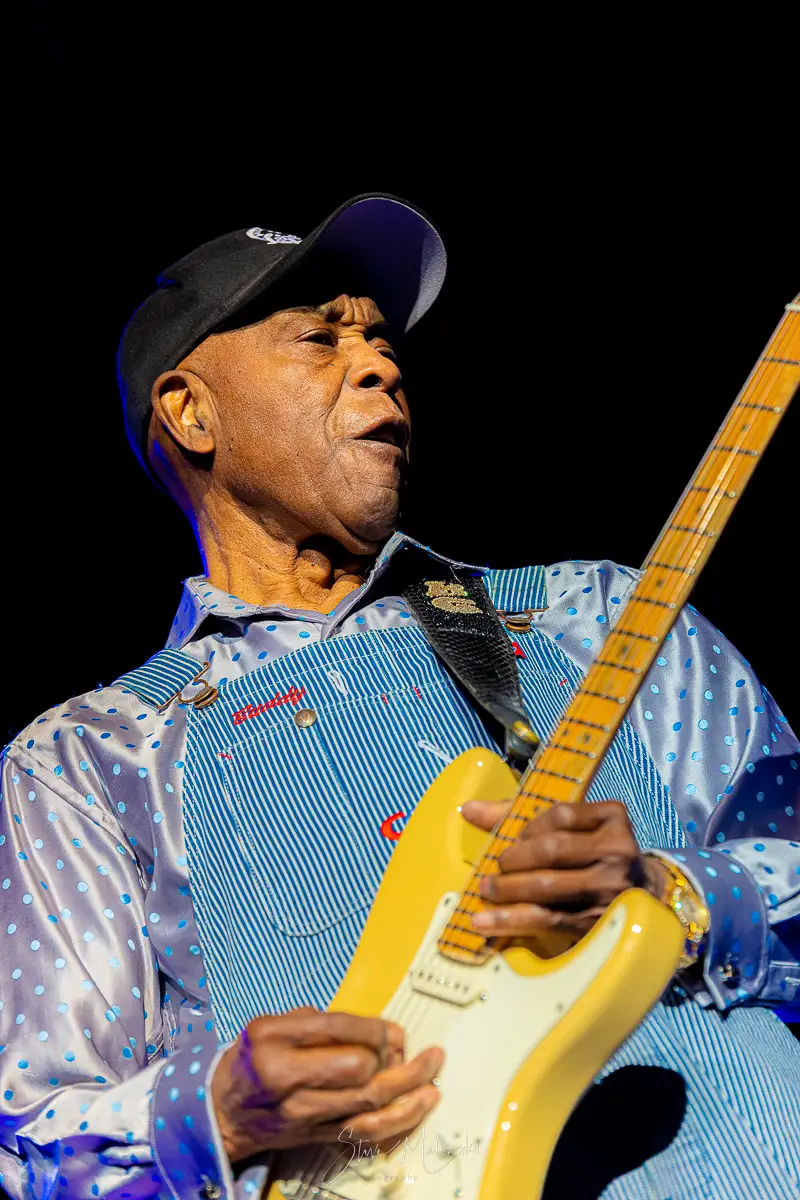
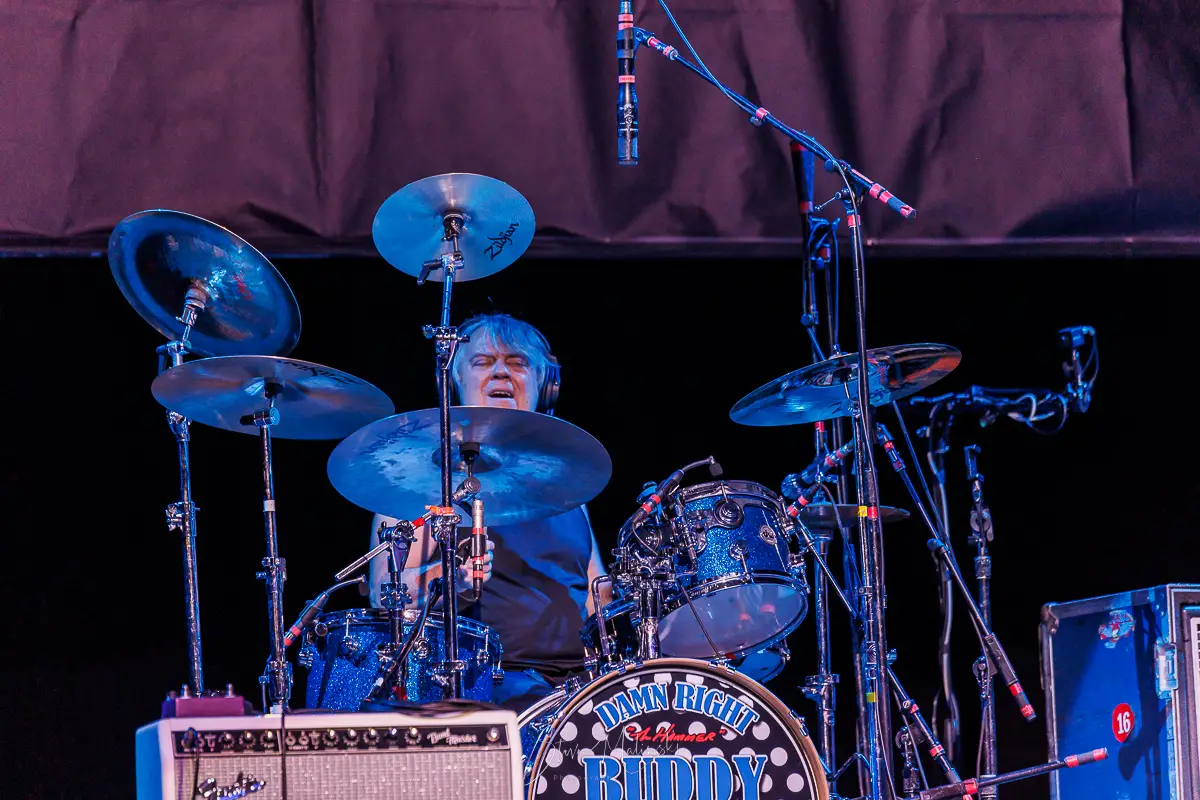

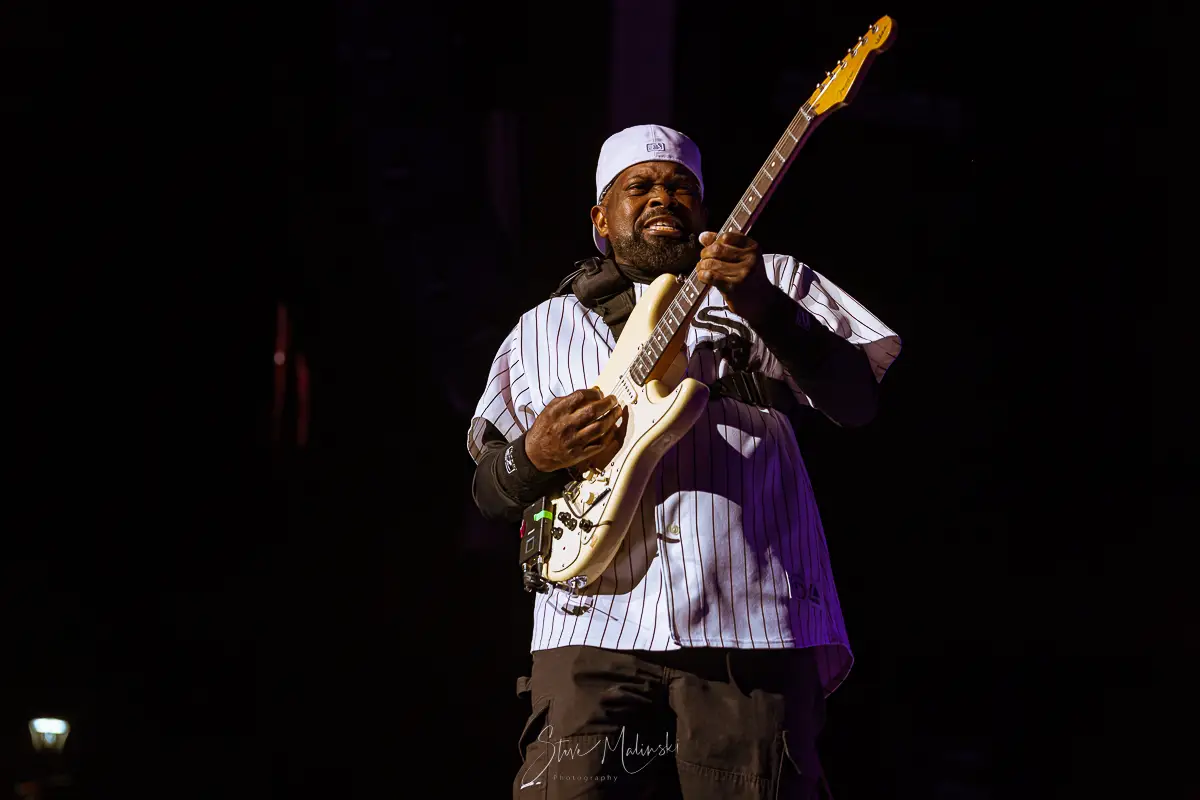
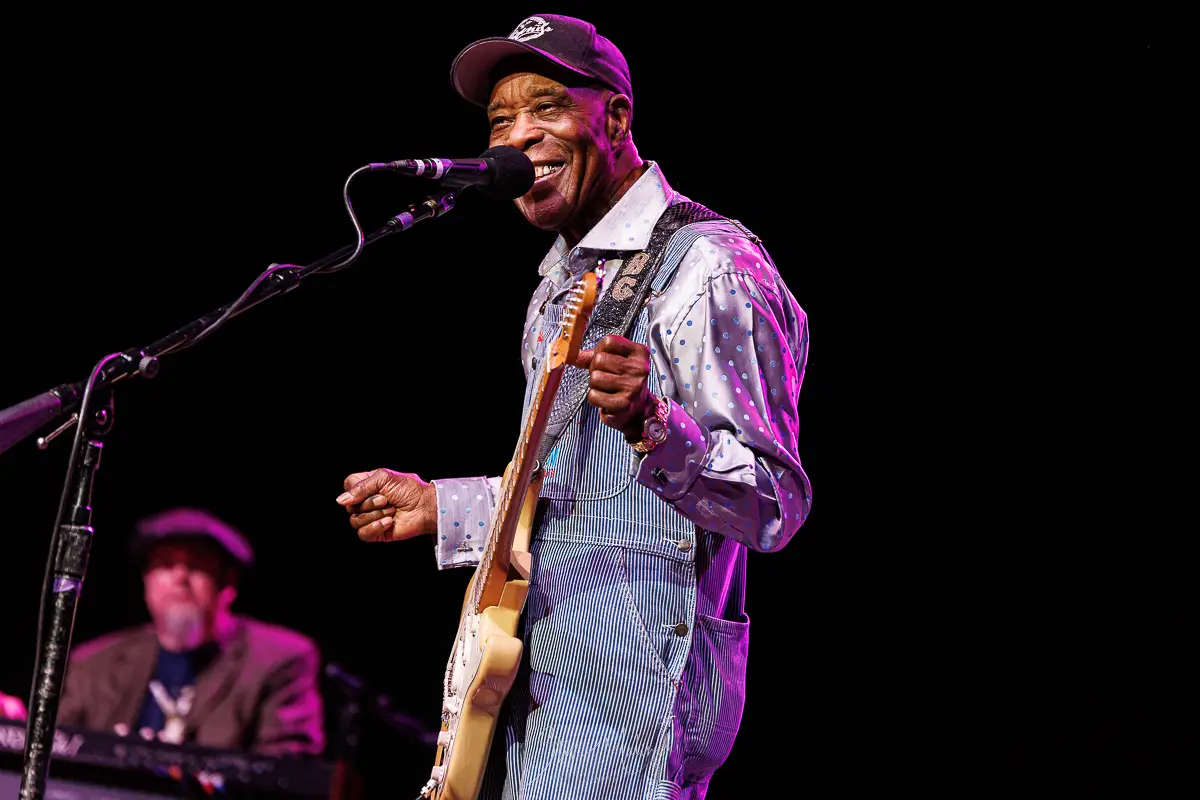
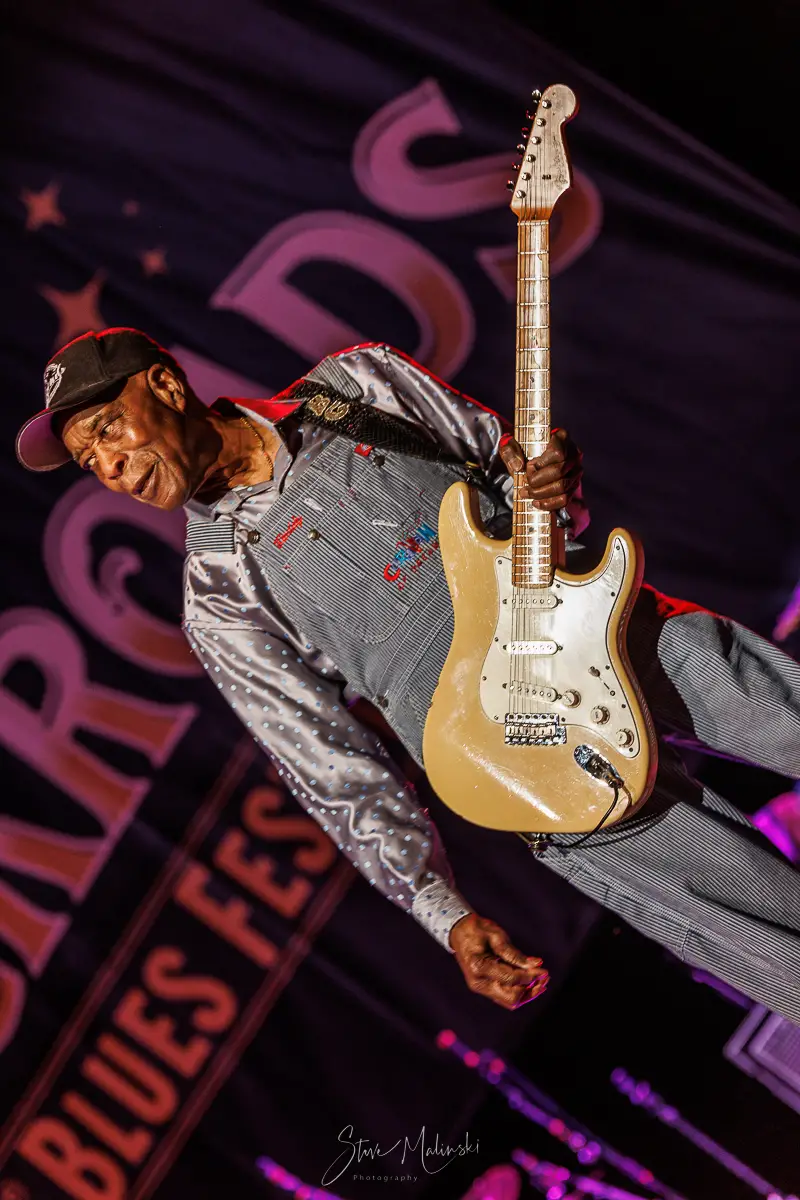

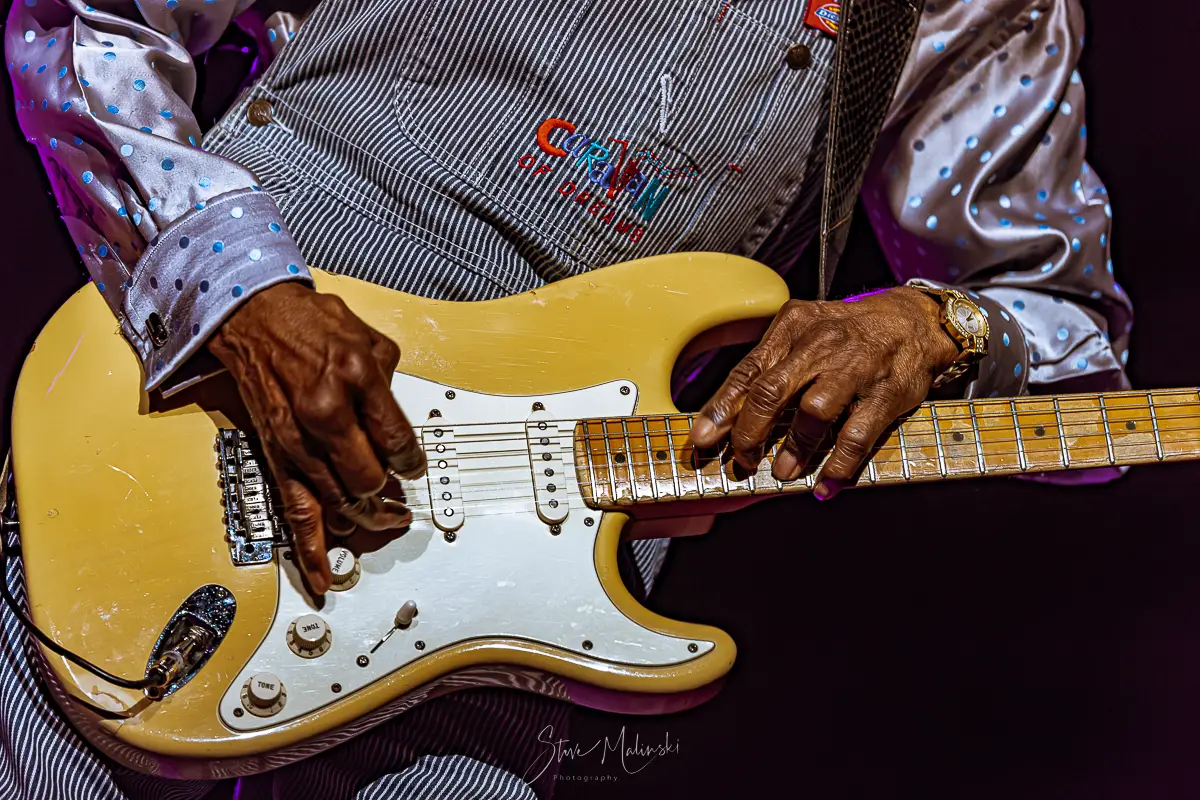
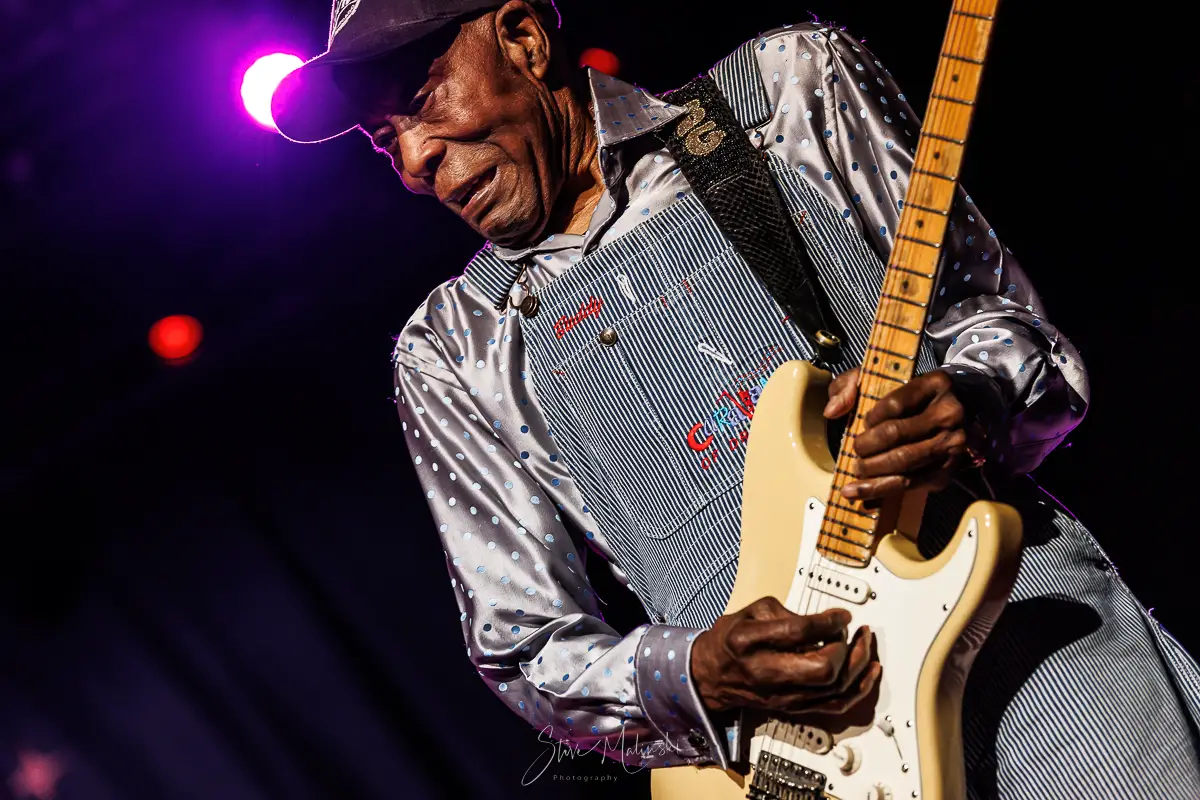
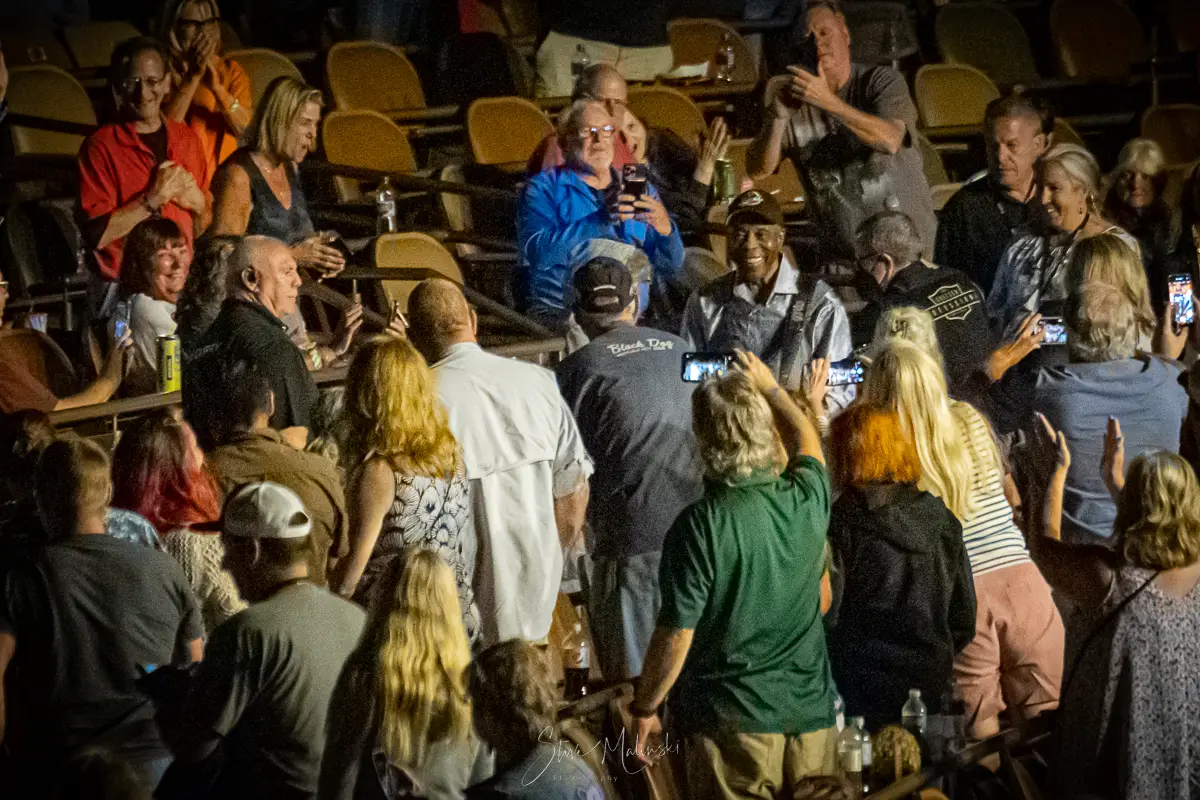
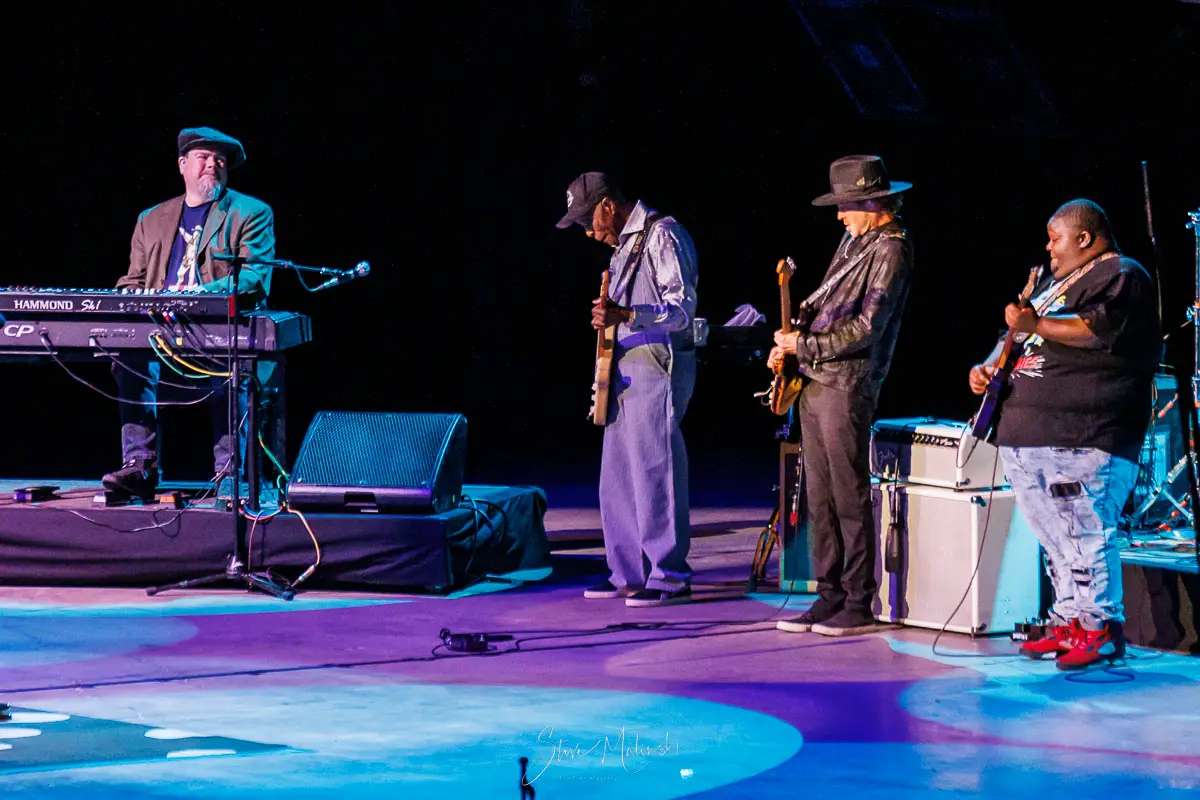

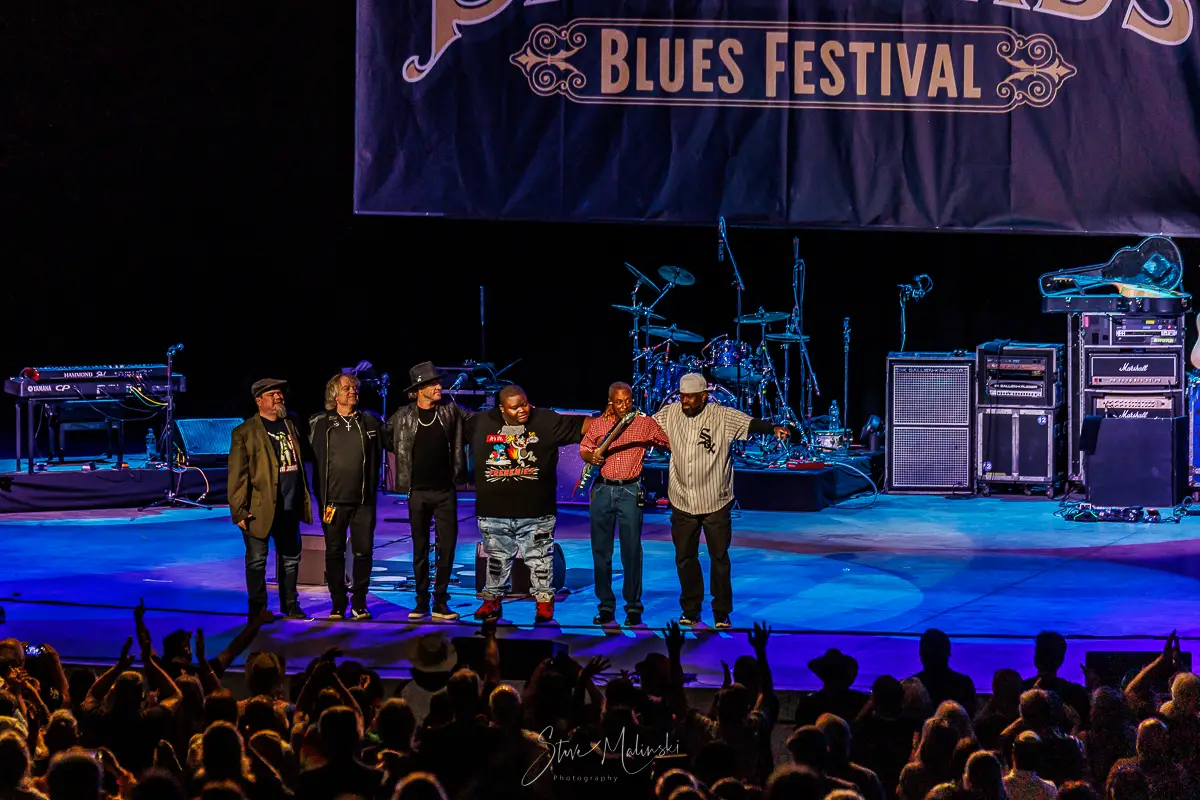
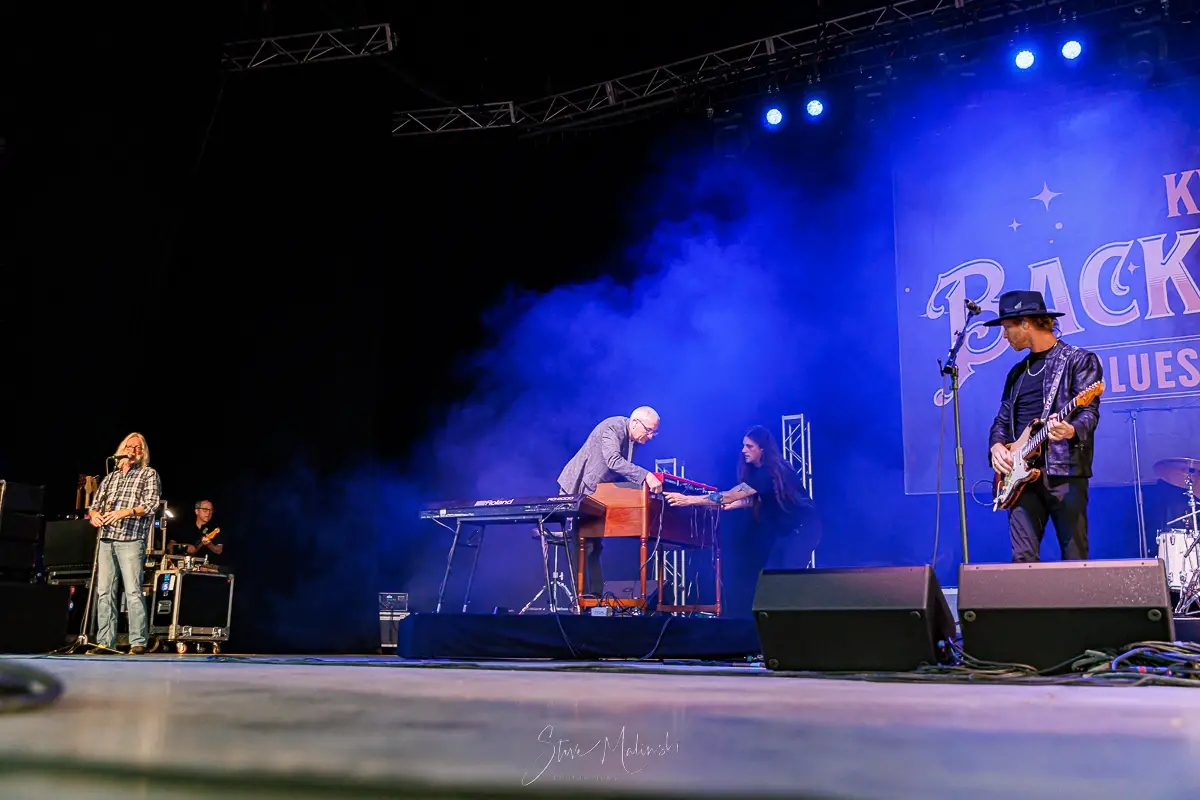
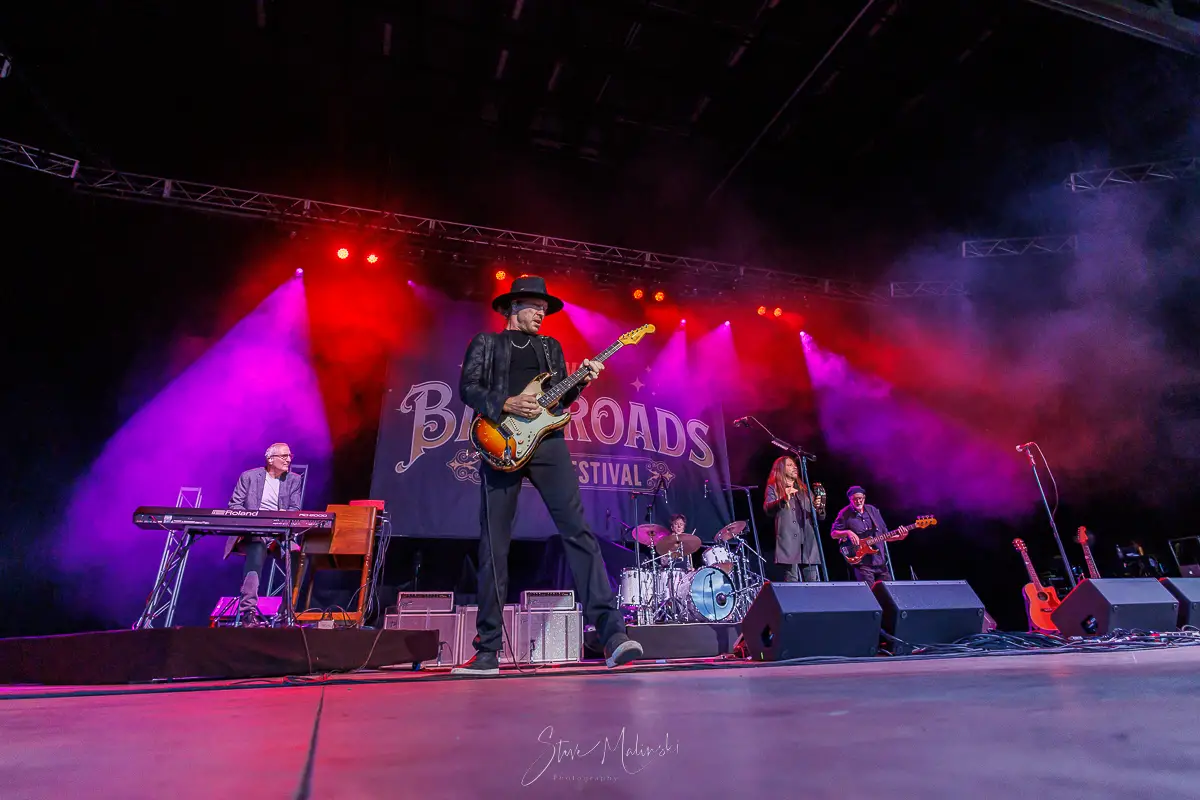


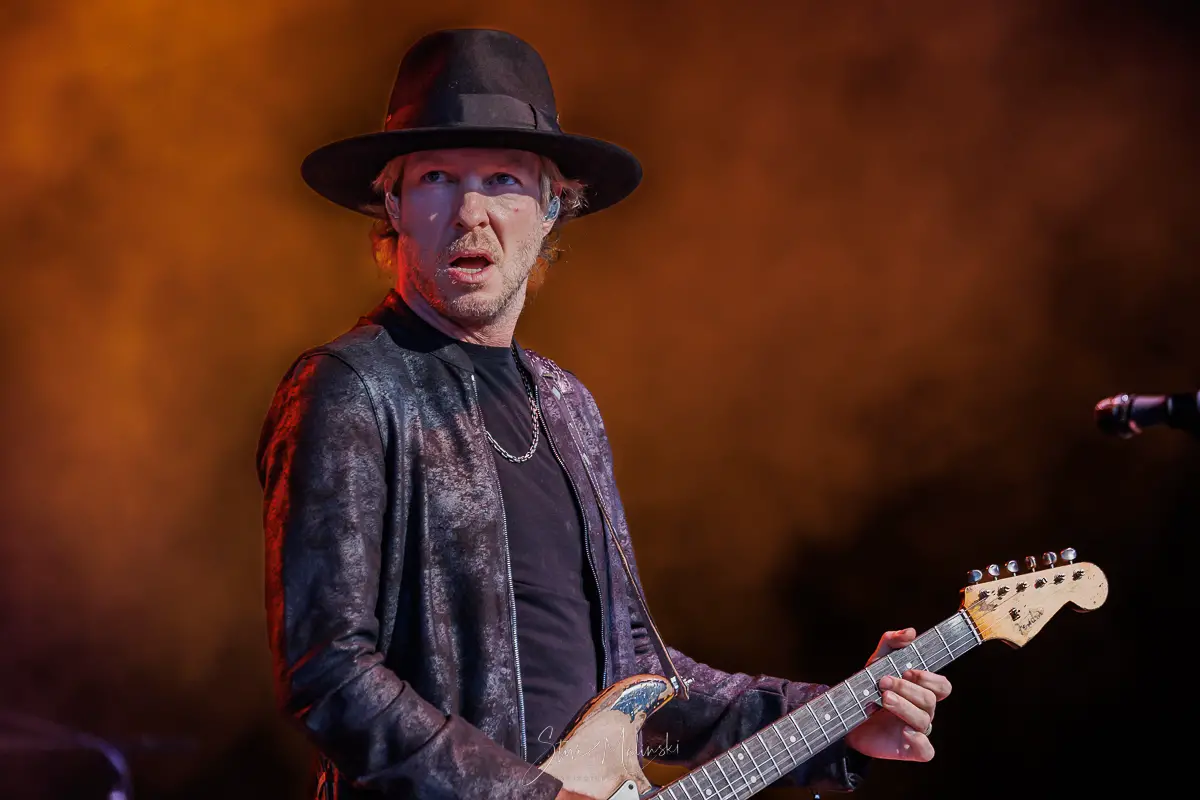

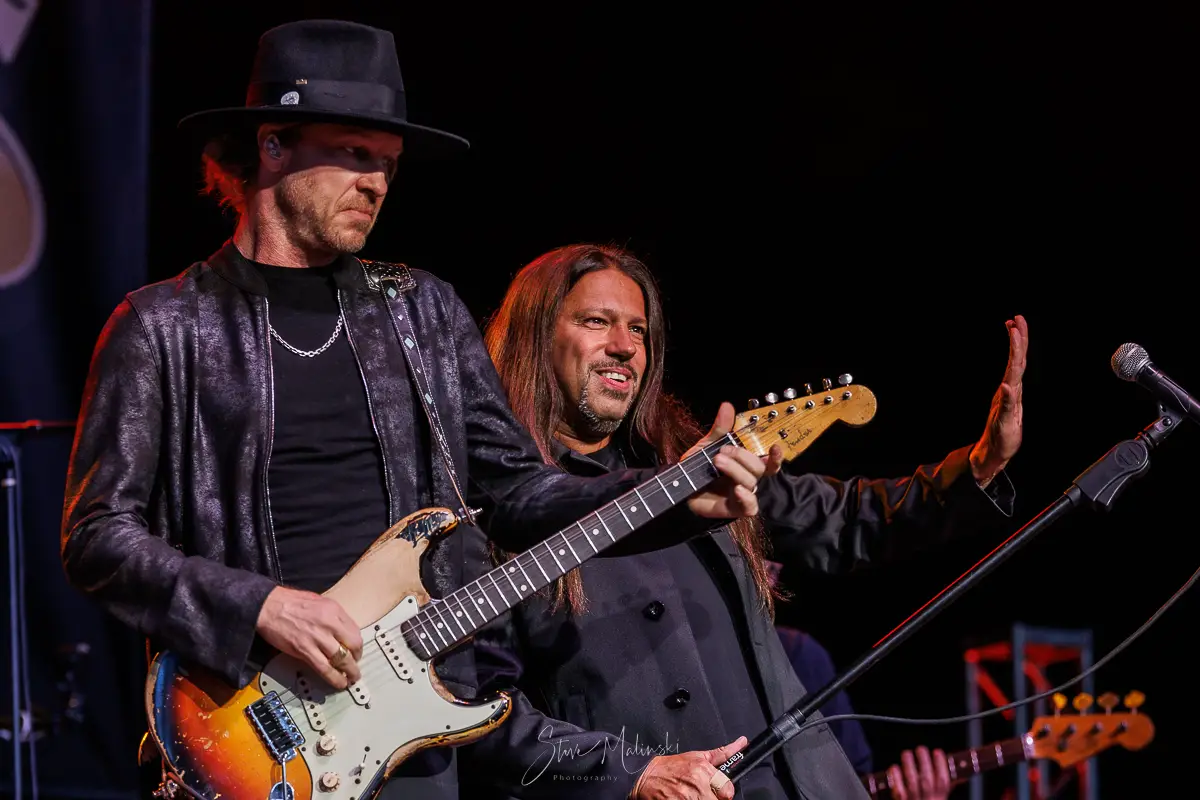
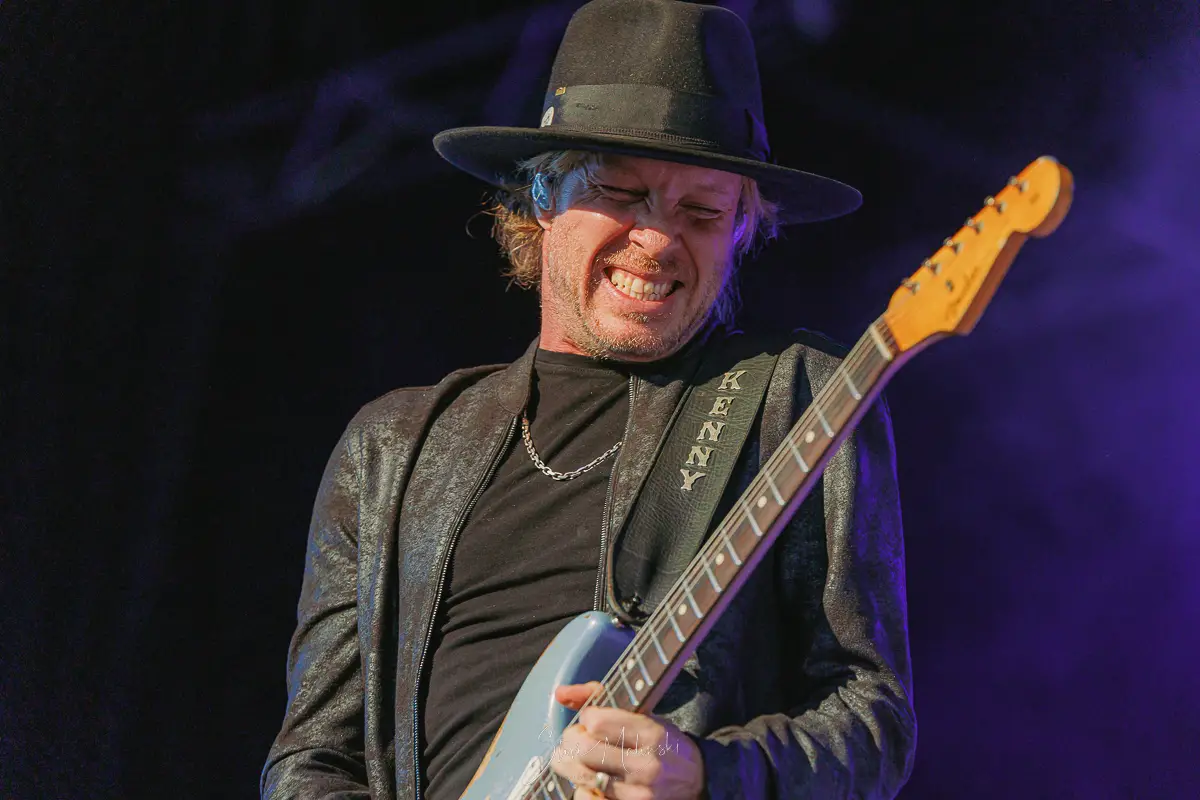

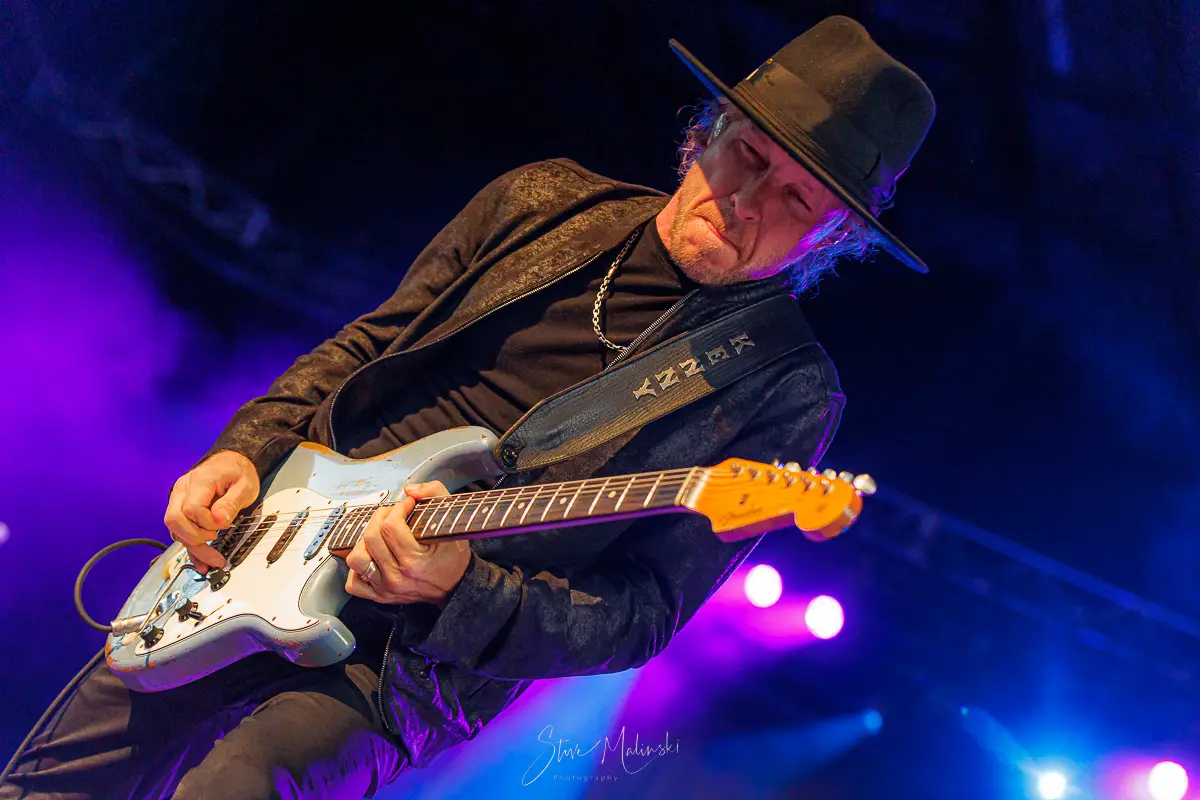
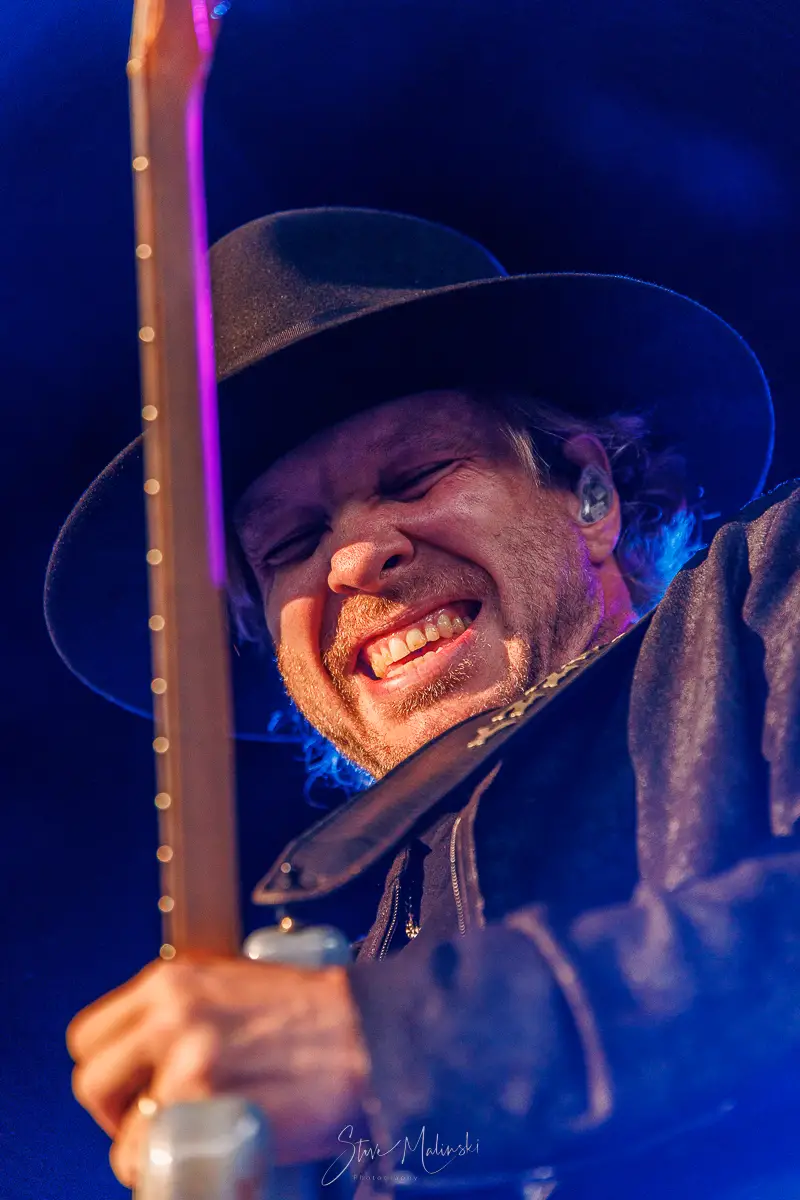
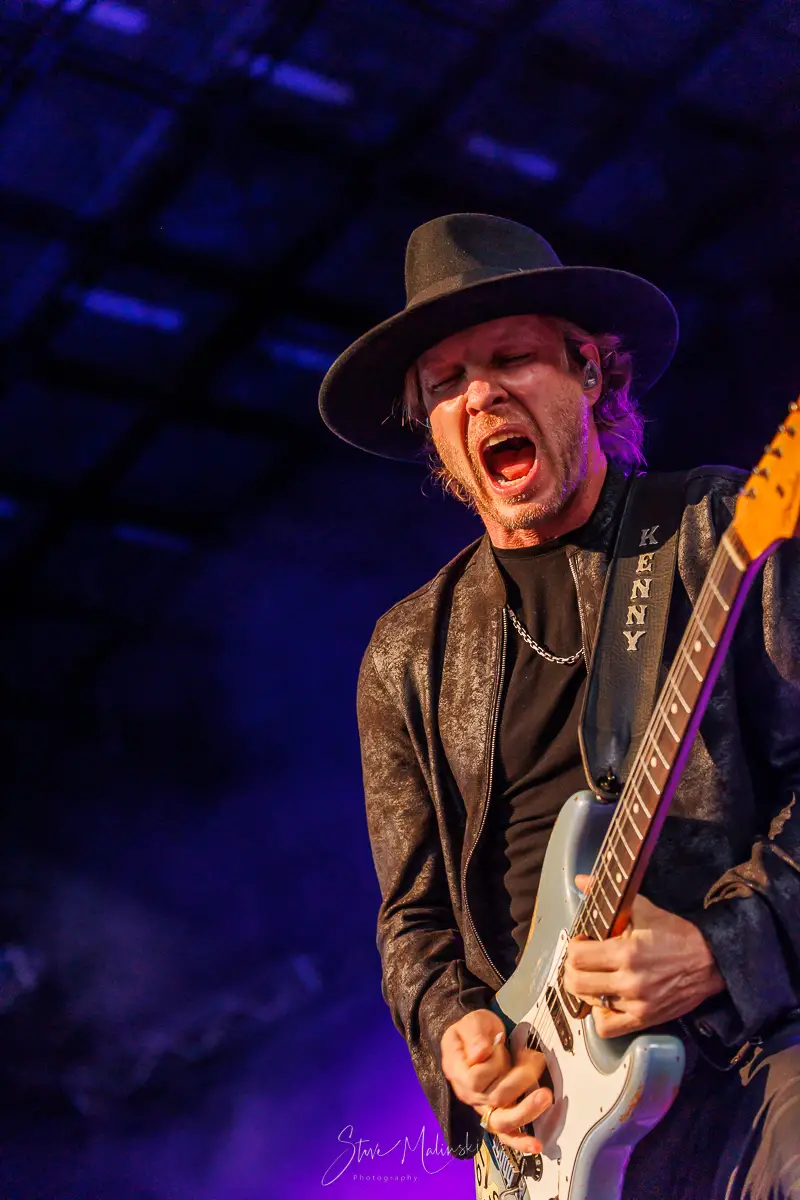
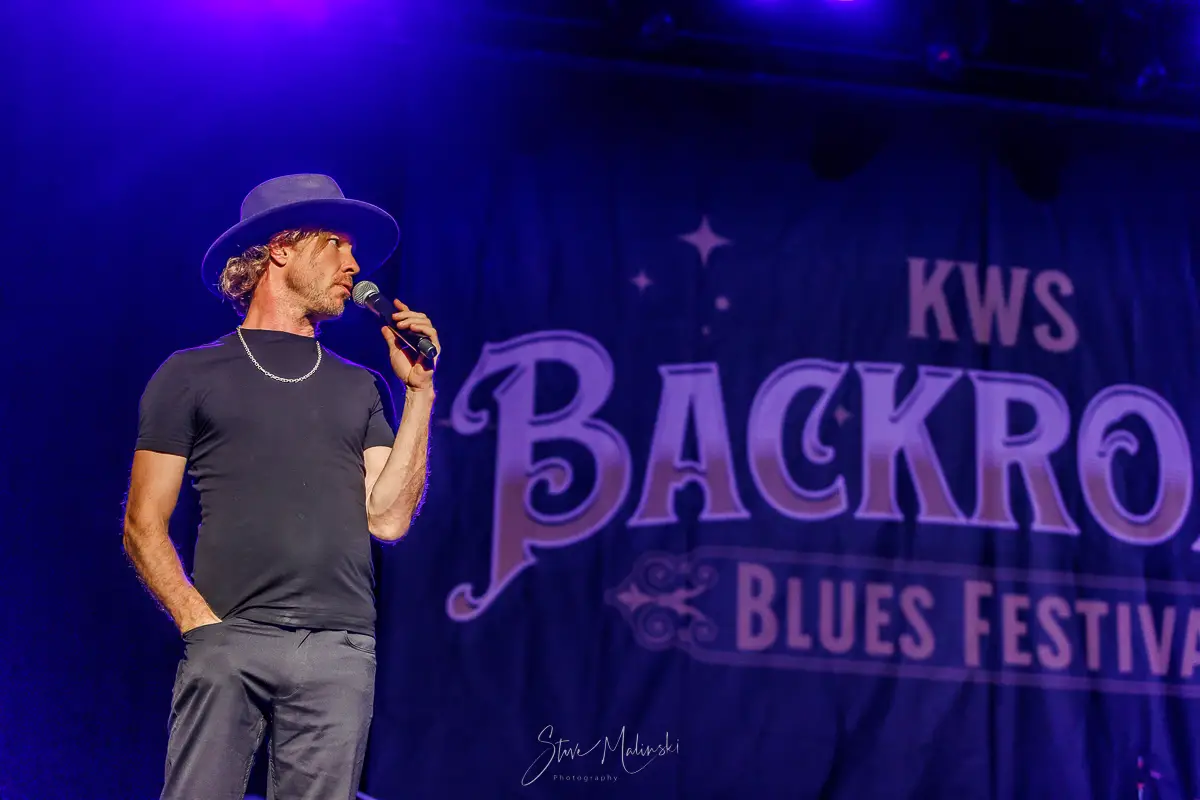

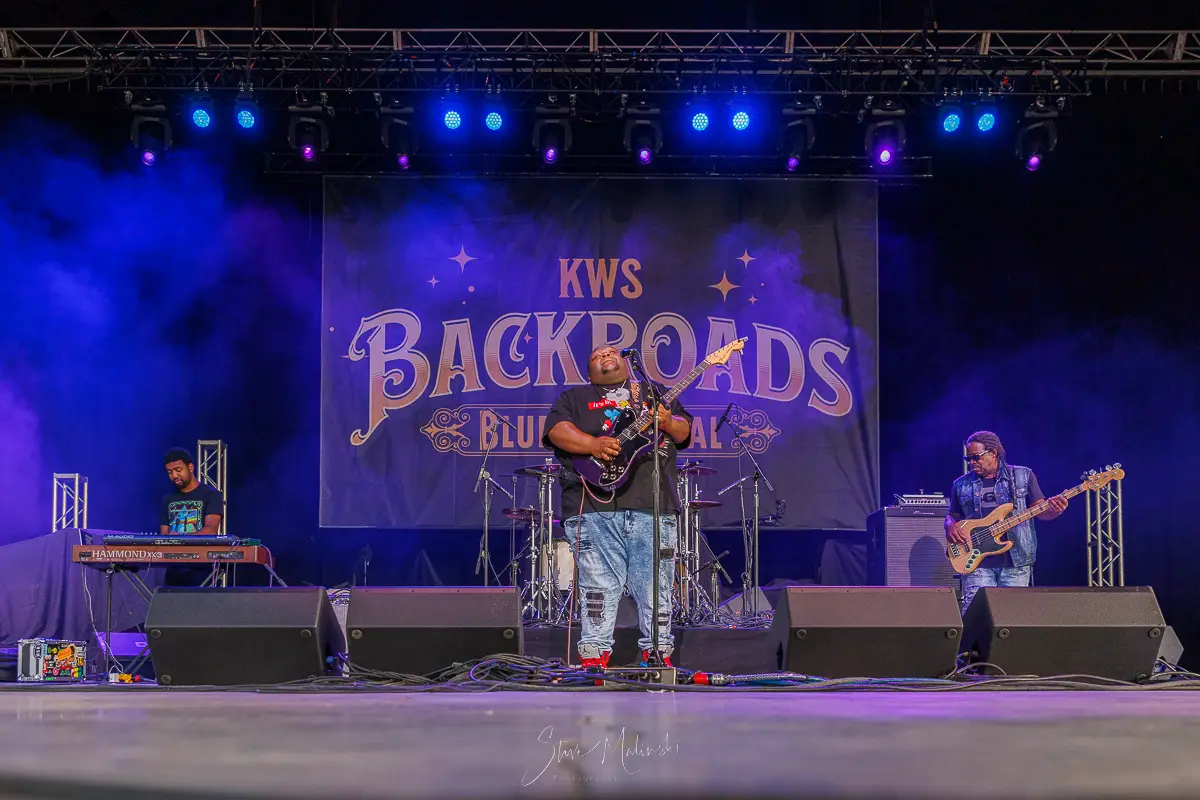



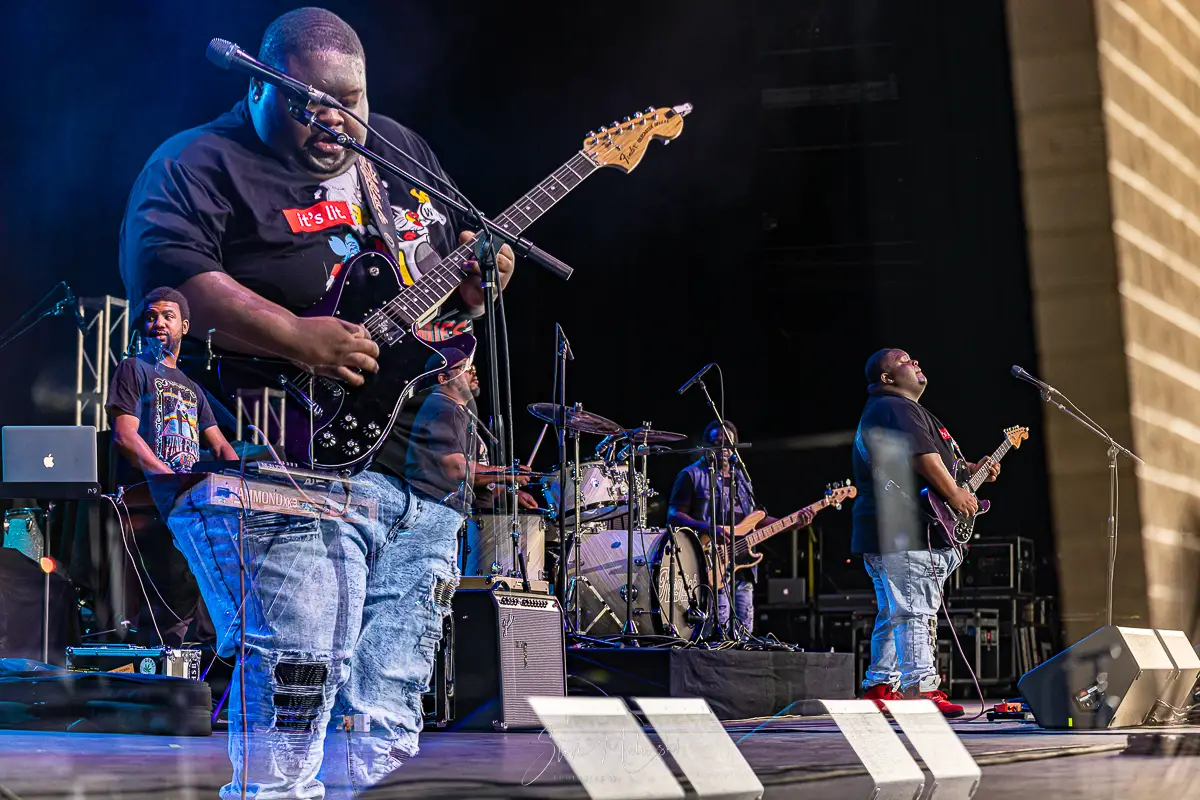
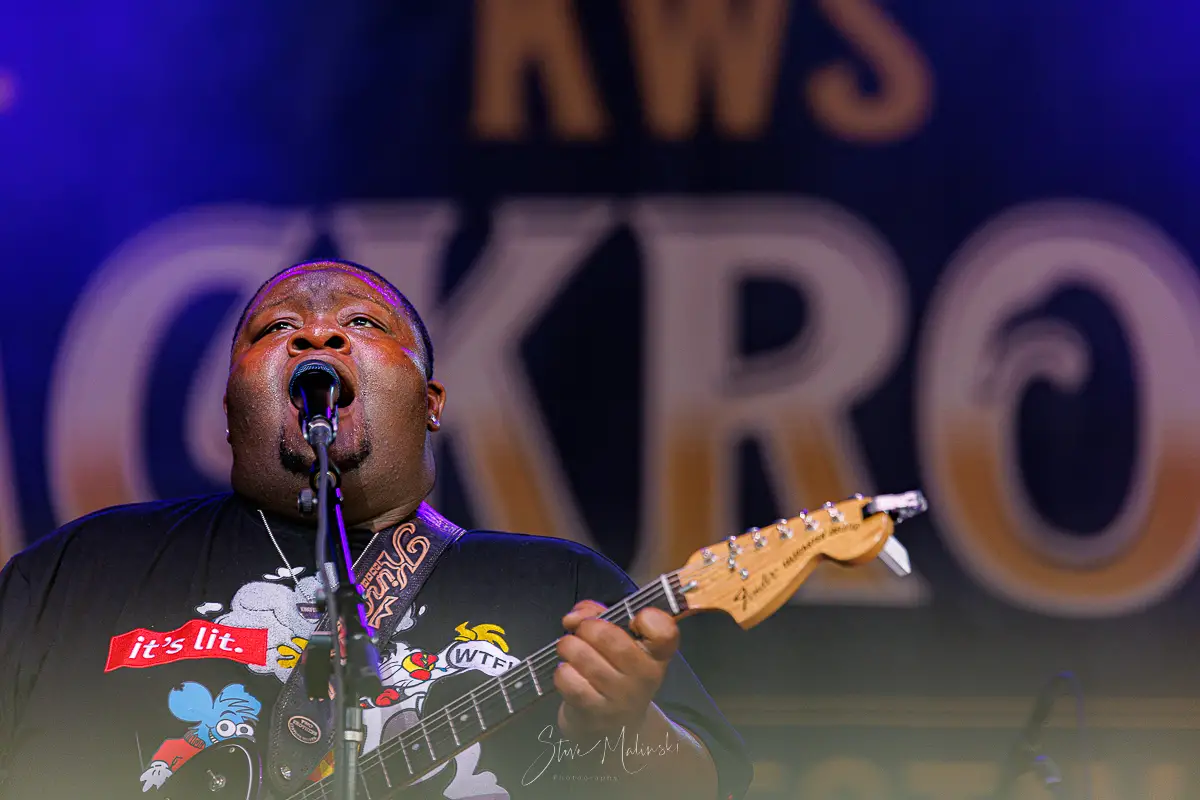


Comments are closed.